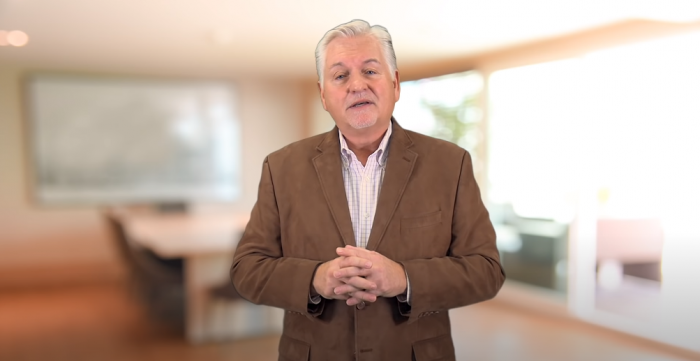Looking After Your Mental Well-Being During the Ebb and Flow of Lockdowns

The coronavirus has affected the mental well-being of many around the globe. Not only does the constant fear and anxiety about contracting the virus wear us down, but we also experience isolation and loneliness on account of being separated from our loved ones during this tumultuous time.
While we’re nowhere near the end of the pandemic, we continue to adjust to the new way of living with masks, social distancing and other precautions. The on again/off again easing of lockdowns brings us nearer to then further from opportunities that we’ve longed for for months, including meeting our friends and loved ones.
Just because we’ve anticipated these changes doesn’t mean we’re emotionally prepared for them. Let’s take a look at the mental well-being challenges some of us may experience during the ebb and flow of lockdowns and how we can overcome them.
But Before We Begin…
Our mental well-being is dependent on a routine. Just as it has taken us a while to cope with the terms of lockdowns, it will take us time to adjust to the new normal and reconnect with life when that time eventually arrives.
Everyone’s mental well-being and coping mechanisms are unique. That’s why it’s important to refrain from judging ourselves and everyone else who may or may not be in the same boat as us.
We must be mindful that we’re still existing in uncertain times and have no choice but to live through it as best as we can.
Mental Well-Being Challenges We May Face
Fear and anxiety are common emotional responses you may feel if, even temporarily, lockdowns are eased. Finding the energy to pull yourself together as you leave behind your cocoon can be challenging for many.
Most of us still fear that we’ll contract the virus and pass it on to loved ones if we interact with others. This can further heighten the fear and anxiety of moving in and out of lockdowns.
It’s important to acknowledge that your feelings and concerns are valid. In time, we’ll gradually overcome our fears. You may feel angry and frustrated with yourself, but you shouldn’t let it control your behavior.
If you can express your frustration privately, go ahead and do it. But don’t let it seep into your relationships. Try to take things one day at a time and at your own pace by understanding that healing isn’t linear.
A few ways you can overcome fear and anxiety include:
- Only try to control what you can. Understand that you can’t control the pandemic, but you can control your actions by keeping yourself protected against it. If you want to go out, make sure you have a plan that ensures your safety and comfort.
- Pace yourself and don’t let the pressure of socializing force you into doing something you don’t want to do. This could worsen your anxiety and may even repel you from socializing with loved ones altogether.
- Vary your routine by setting small challenges for yourself each day. For instance, one day, you can go to the supermarket instead of ordering groceries online like you used to.
 If you’re looking for more guidance on overcoming mental well-being challenges like fear and anxiety, Hall of Fame speaker Steve Gilliland can help you out.
If you’re looking for more guidance on overcoming mental well-being challenges like fear and anxiety, Hall of Fame speaker Steve Gilliland can help you out.
The motivational keynote speaker creates uniquely personal, state-of-the-art virtual experiences to help individuals overcome the mental challenges of the pandemic.
Steve’s customized online learning experiences unite people when getting together in person isn’t an option. Check out his virtual presentations and bestselling books to look out for your mental well-being.